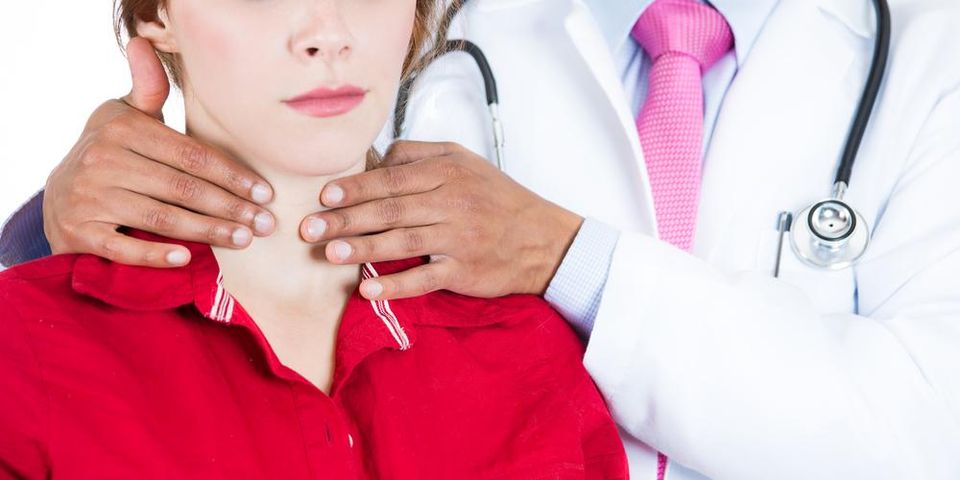Thyroid Disease & Women's Health: Albany’s Leading Urgent Care Answers 5 FAQs

When it comes to health care, men and women share a lot of the same concerns. However, there are others, like thyroid disease, that are exclusive to one gender. According to Albany, NY’s Urgent & Primary Care, this buttery-fly shaped gland can cause serious complications for women over the age of 19. In fact, studies suggest that nearly one in eight women will experience a thyroid disease in her lifetime.
To keep you and the women in your life protected, this urgent care answered five of the most frequently asked questions regarding thyroid disease:
Thyroid Disease & Women’s Health FAQ
1. Why Are Women More Likely to Experience Complications?
 Unfortunately, the exact reason for this discrepancy between men and women is unknown. Some researchers believe it arises from the decline in a women’s immune system during pregnancy. However, women who are not pregnant can also develop thyroid disease. Others say it is because women have higher levels of estrogen which may counteract the hormones created by the thyroid, thus creating complications.
Unfortunately, the exact reason for this discrepancy between men and women is unknown. Some researchers believe it arises from the decline in a women’s immune system during pregnancy. However, women who are not pregnant can also develop thyroid disease. Others say it is because women have higher levels of estrogen which may counteract the hormones created by the thyroid, thus creating complications.
2. What Are the Most Common Risk Factors?
Thyroid disease, unlike similar conditions, does not have a routine screening process. Instead, primary care doctors only recommend diagnostic tests to patients with certain risk factors. For example, if you have had any past thyroid complications or have received surgery or radiotherapy affecting the gland itself, you may be a potential candidate. The same applies to women with anemia or type 1 diabetes.
3. How Does Thyroid Disease Affect Women Specifically?
Generally speaking, thyroid disease causes the same range of symptoms no matter the sex of the person suffering from it. The most common features are fatigue, muscle weakness, weight gain, and cold intolerance.
On the other hand, there are additional symptoms that are unique to women. For example, the thyroid controls the menstrual cycle, so hormonal complications often cause irregular periods. In more severe cases, it may cause amenorrhea or early menopause. Similarly, thyroid disease can cause problems with pregnancy both before fertilization and during gestation.
4. What Are the Different Types of Thyroid Disease?
 Thyroid disease, while often used on its own, is an umbrella term for multiple conditions. Hypothyroidism and hyperthyroidism, for instance, are among the most common.
Thyroid disease, while often used on its own, is an umbrella term for multiple conditions. Hypothyroidism and hyperthyroidism, for instance, are among the most common.
The former is when the gland cannot produce enough thyroid hormones to maintain the organ’s daily functions. The latter is when the gland produces too much thyroxine, resulting in symptoms that are atypical of most thyroid diseases including unexpected weight loss, irritability, and irregular heartbeat. Other types of thyroid diseases that affect women more than men are thyroiditis, goiters, nodules, and cancer.
5. How Are Thyroid Diseases Treated?
Treatment typically depends on which of the above variations you have. Goiters, for example, may not require treatment at all. Nodules or cancer, on the other hand, may need surgery or radioiodine therapy. Hypothyroidism and hyperthyroidism need hormone replacement. If you suffer from thyroid disease, consult with your primary care doctor to find the treatment plan that’s best for you.
If you have an additional question about thyroid disease or your individual risk, call Urgent & Primary Care at (518) 463-8262 to speak with an experienced primary care doctor. To schedule an appointment or learn more about their urgent care services, visit them online.
About the Business
Have a question? Ask the experts!
Send your question

